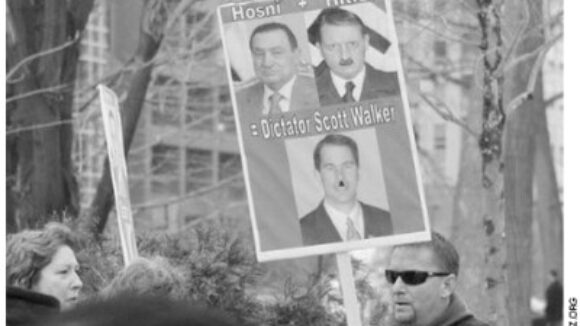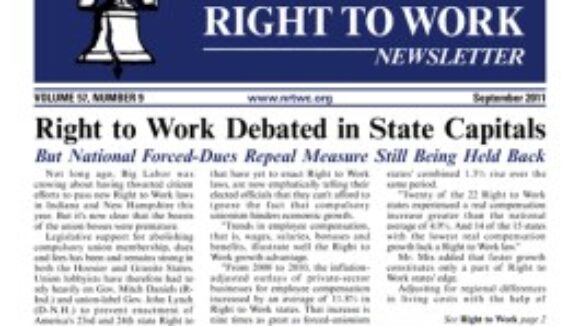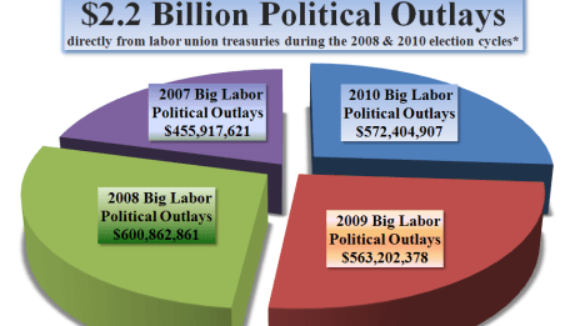Virginia's Stalwart Supporter of Right to Work: Gov. McDonnell
Virginia is prospering more than most states in the nation, thanks in part to its Right to Work law -- and Gov. Bob McDonnell is not hesitate to acknowledge the fact. He recently wrote a letter outlining his position on the issue and made it clear -- he is a proud and ardent supporter of the state's Right to Work law. Read and enjoy: There’s much more separating Richmond and Washington than just 100 miles of interstate. It’s a Tale of Two Cities. In Washington they’re bogged down in red ink, spiraling debt, expanding government and overspending – all while the difficult decisions are left to future generations. Here in Richmond, for the second straight year, we’ve reached the end of our fiscal year in the black —with a surplus this year of more than $500 million. What does it take to create jobs and bring economic development to Virginia? It’s really common sense and a focus on getting results, something that is in short supply in Washington. Businesses want consistency and a level playing field, low taxes, reasonable regulation, good schools and a world-class transportation system. We are unapologetic supporters of Virginia’s Right-to-Work laws and fighting off the union excesses that is hurting businessmen across the United States. We’ve kept taxes low on businesses in Virginia. We’ve worked to reduce the regulatory burden on businesses here in the Commonwealth. Contrast that with how Washington does businesses. In Washington, the Administration is using unelected people in appointed boards to do what Congress can’t, like using the NLRB to prohibit companies like Boeing from relocating some of their workforce to Right To Work states.






